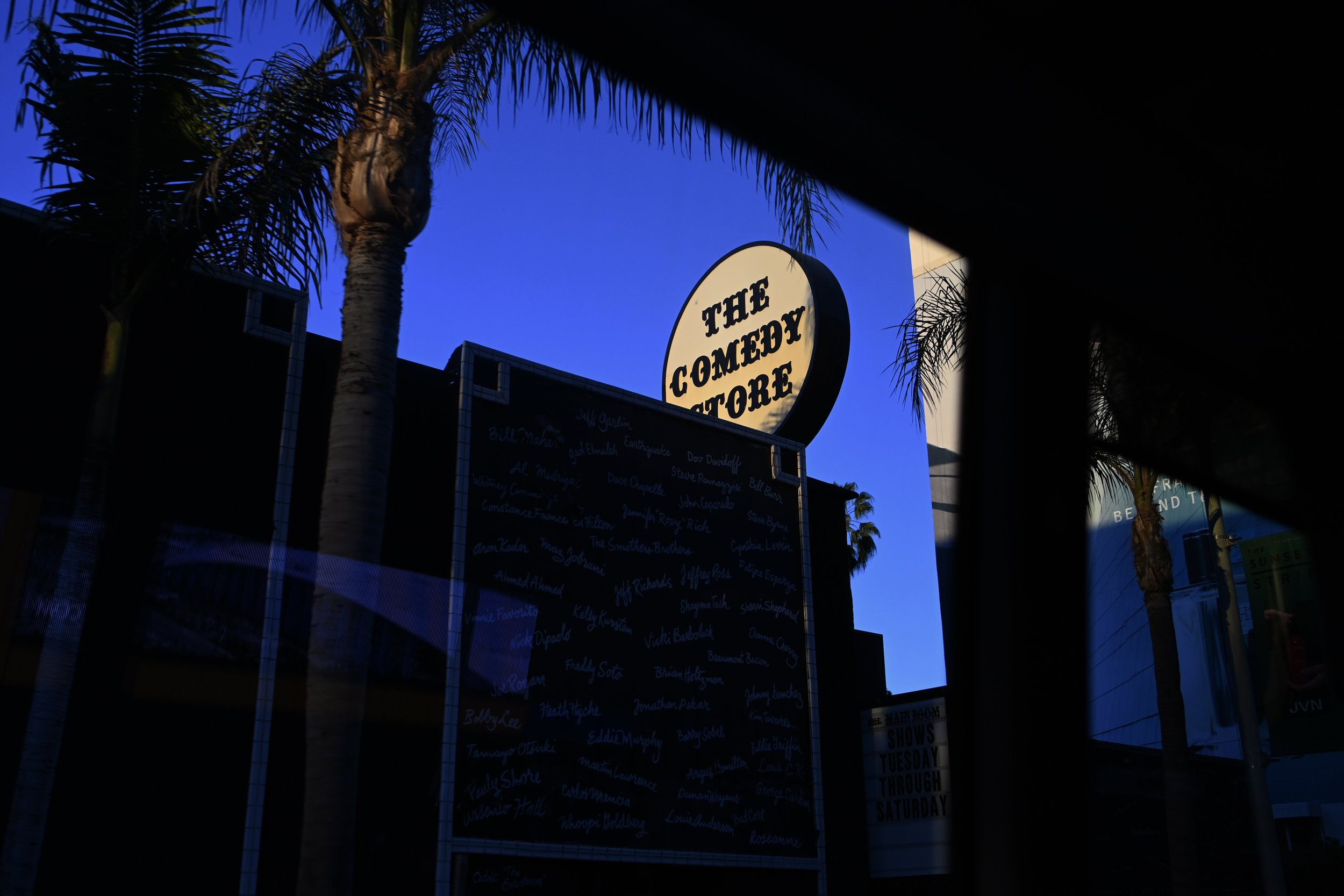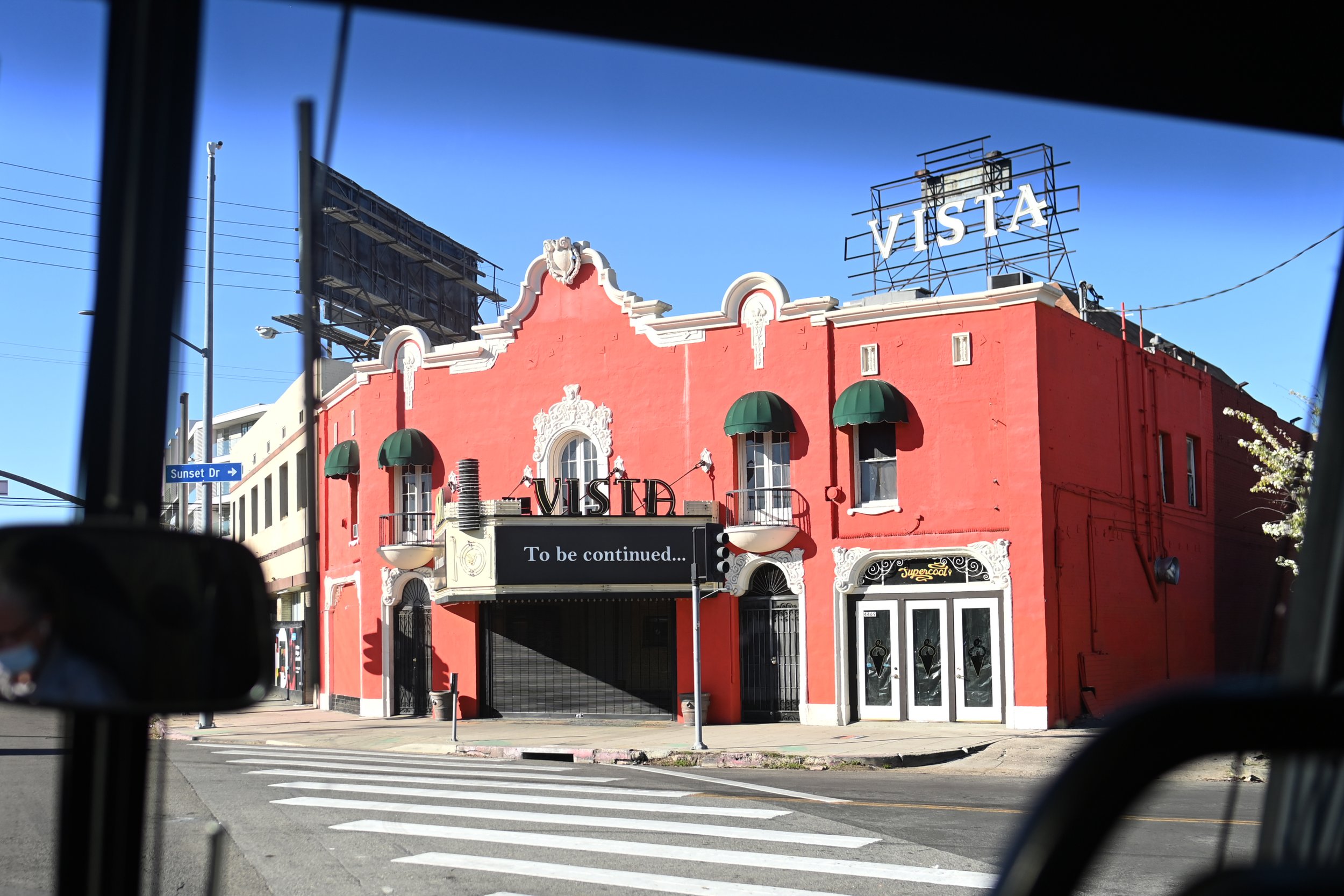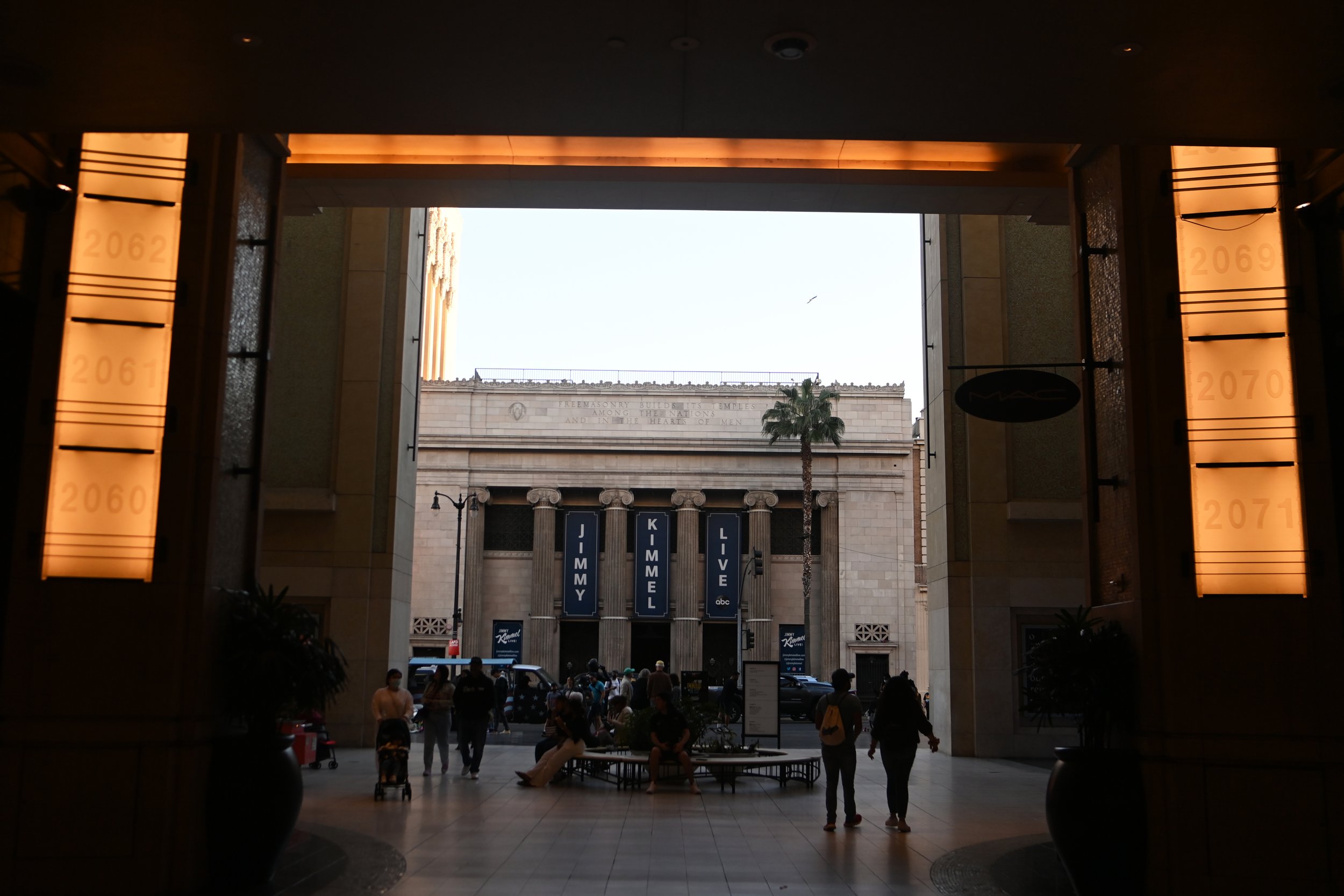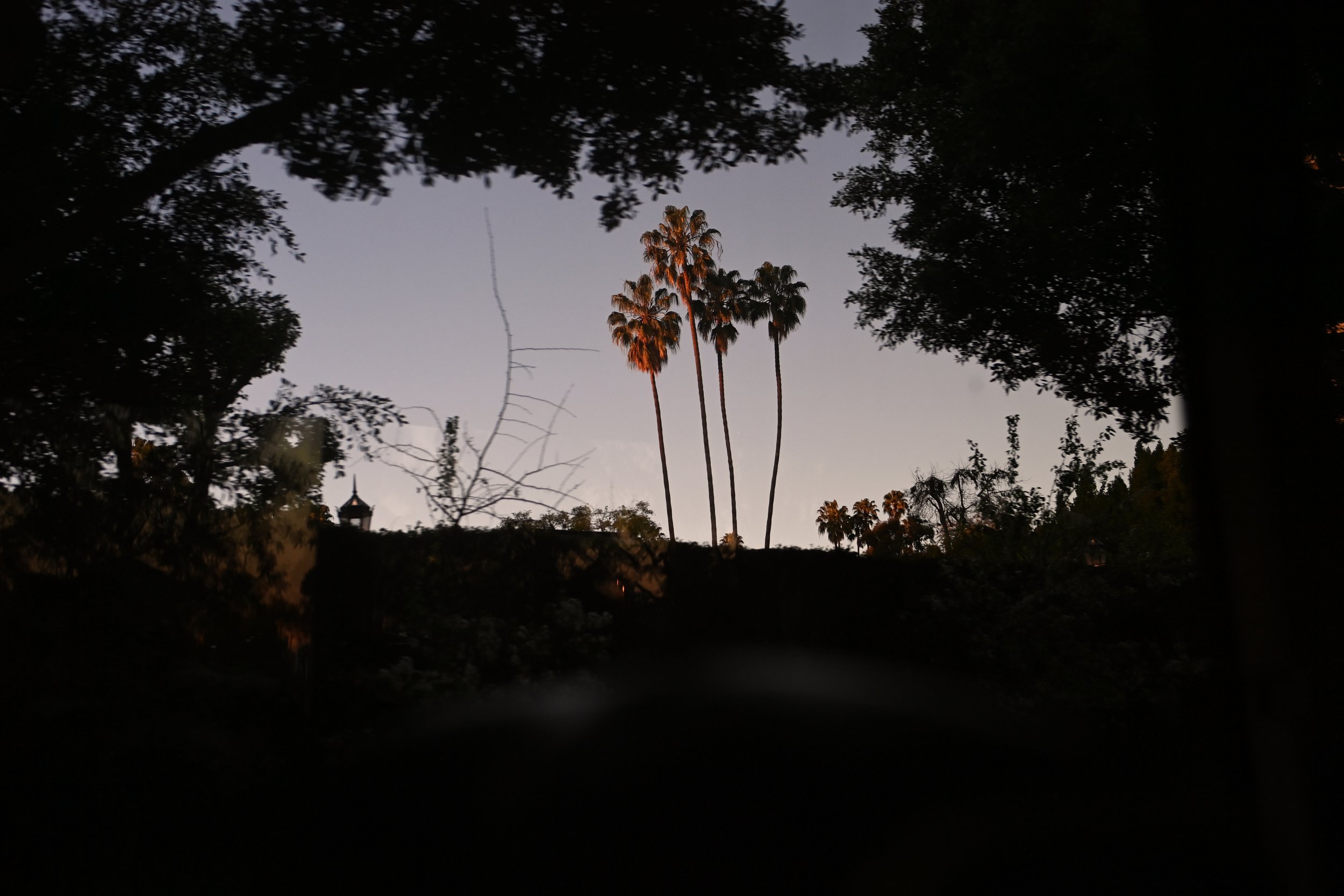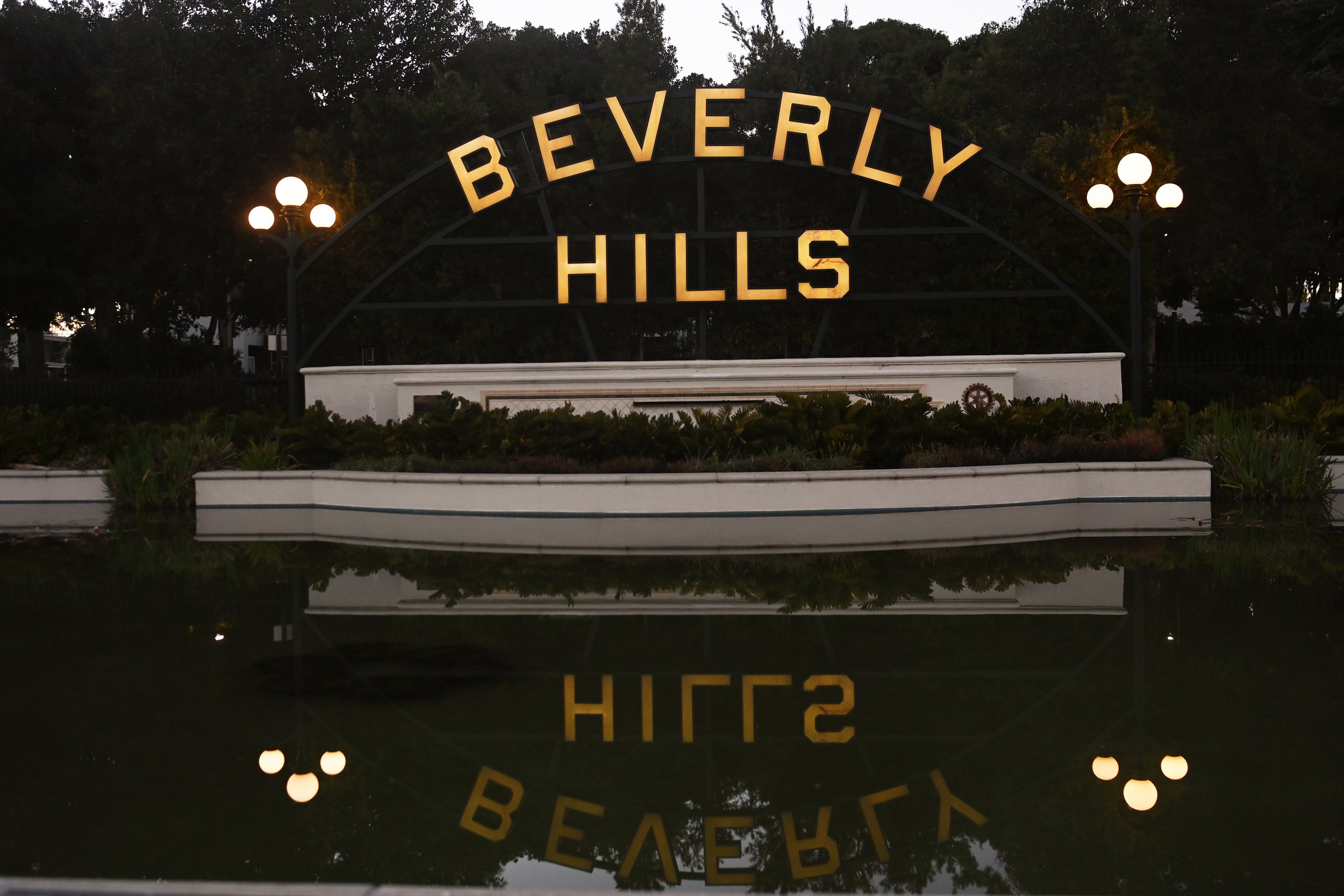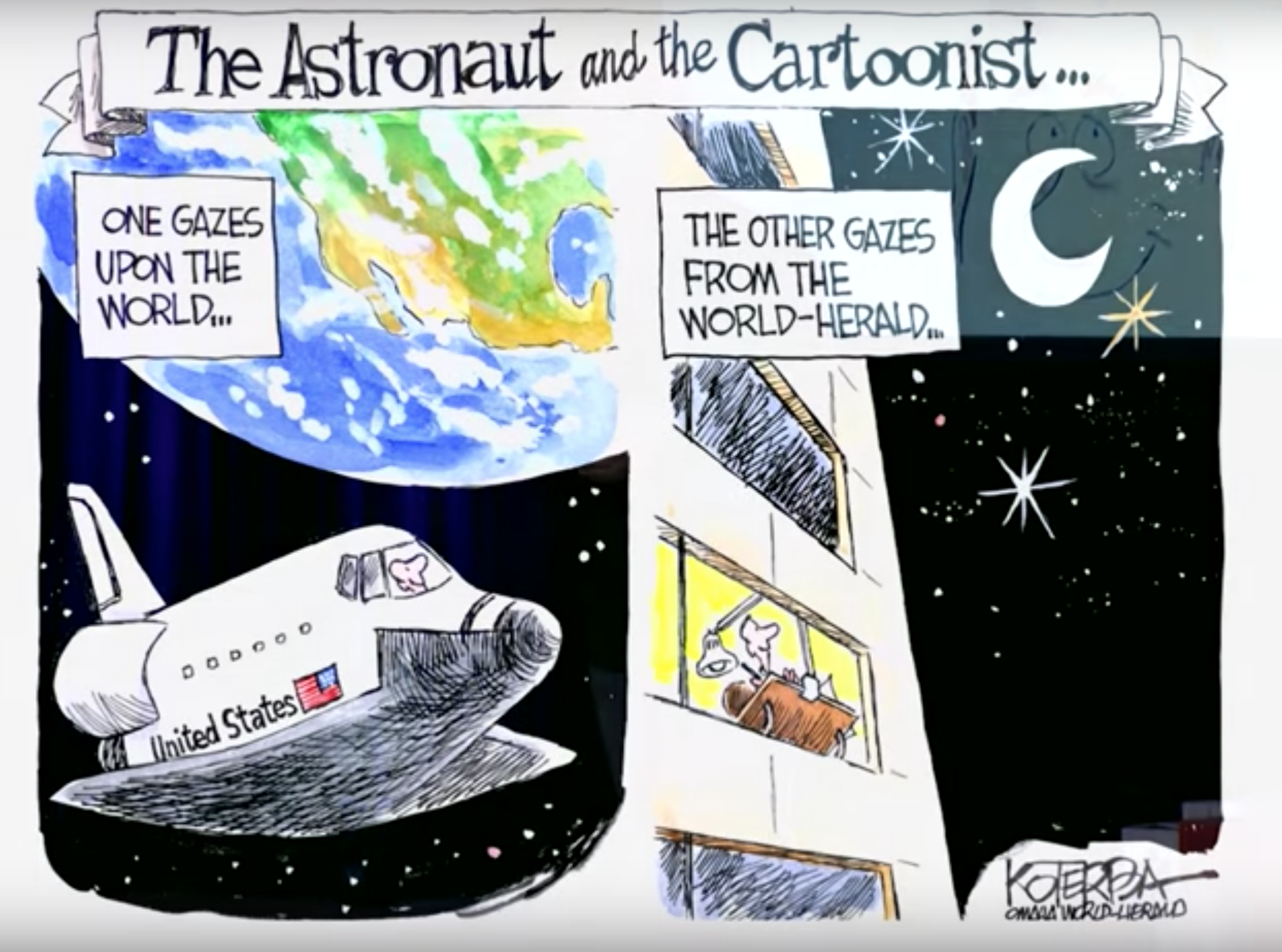They get the crowd into a frenzy, all while having fun doing it. Various professional and collegiate sports mascots are iconic figures; it is an essential part of college sports and a university's history. What makes a mascot great is the audience, as it is about the franchises it symbolizes.
Despite seeing them almost every time you watch a sporting event, what do we know about the people who are the sports mascots? Beneath the costumes, who are these "performers"?
DIBS spoke with a graduate student whose name or mascot we cannot reveal due to the university rules but is the mascot to one of the Power 5 universities and has served as the school's mascot for the longest tenure!
This particular school’s university mascot attends roughly 100 to 150 events a year this would include sporting events such as football, basketball, baseball, softball, soccer, volleyball, and gymnastics—these make up over half of the appearances the mascot makes each year. Outside of sporting events, there are campus and community events as well as photoshoots with the school's social media team, graduations, and fundraisers.
*The Power Five Universities encompass 65 schools and are considered the elite in college sports in the United States and are part of the NCAA Division I, the nation's highest level of collegiate sports.
I am aware that you can not disclose what collegiate mascot you are but do people on campus know you are?
Sadly over five years, the word has gotten out to a few people. I was already not the best about keeping secrets, which was the most challenging part of becoming the mascot. However, it is not to the point where people see me going to class and know I am the mascot, which is honestly a part of the fun. One day you can go to class as just an average student, and then the next, you are on the football field in front of tens of thousands of fans. In my opinion, that's what makes it the best college job a person can have.
Why did you want to become a mascot?
Surprisingly to many people, I was not a mascot in high school. Most college mascots I have met were not high school mascots either. However, growing up around my university, I was always incredibly spirited and went to as many sporting events as I could. I knew I wanted to continue that school spirit by becoming a super-fan when I entered college. I sat in the front row for every football and basketball game my freshman year, wearing the craziest outfits I could reasonably put together. That got me noticed by the marketing department, which led me to have an opportunity to serve as one of the school's t-shirt throwers at the games. While there, I got close with the guys who served as the mascot and encouraged me to try out. From there, the rest is history!
Could you explain the process of trying out to be the mascot?
For my program, it was a three-day process! The first step was seeing how I looked in the mascot suit. Since the program already had a few returning members, the coach wanted to pick students who were a similar size as the current members. Unfortunately, having members of varying sizes is not ideal for mascot programs as it ruins the image of there being only one 'mascot' character.
On the second day, we learned the walk and the character of the mascot and an interview with the coach. Then, after cuts were made, the remaining participants had a final tryout which consisted of improv skills, dancing skills, and overall energy. Luckily for me, everyone who was trying out at that point made it, and I officially became my school's mascot. Funnily enough, my first ever event as the mascot was only a few hours later at an event on campus, so I got thrown into mascoting quite quickly.
Currently, the team has five members, but I have been on the team with as few as four and as many as seven.
What do you think it takes to be a collegiate mascot?
The most important trait one can have is learning to be someone completely different. My mascot's personality is over the top, energetic, and loves to be the center of attention, which are traits that I do not necessarily share. However, when I put on the suit and go out to perform at an event, I lose all of my personal qualities and become that character. To be a good mascot, you have to be willing to get out of your comfort zone. For example, while you may not be the type of person to run onto a basketball court during a time out and jokingly imitate the referees, that's exactly what a mascot would do. This does take a while to fully learn; however, it took me over a year to be fully comfortable putting myself in those situations. Also, while dancing skills are not mandatory (I am an example), they are incredibly beneficial.
Were there mascot mannerisms that were already in place? Or did you help create the persona?
The mascot's character was already pretty defined when I entered the team so there weren't too many mannerisms I had the opportunity to create. However, I will say that I may have influenced a few poses the mascot now does while taking pictures with fans.
Did you have any sort of training prior? Is there such a thing as Mascot classes?
Prior to my tryouts, the only training I received was from the current members teaching me the walk and the mascot's character. Once I got accepted into the program, the university sent the team to a college mascot camp in Texas, where they taught us skills such as prop making and planning skits. From there, most of the training comes from a yearly camp we have that is put on by former mascots to refresh us before the start of the fall semester. While these camps and practices are helpful, the best way to learn for me is by doing as many appearances as possible and taking critiques from the other team member.
What are some areas in which mascoting has helped you?
Performing as the mascot has helped a lot with gaining confidence, which I have struggled with for years. It taught me time management skills, as I had to learn how to balance school, social life, work, and mascoting. It taught me how to be a good teammate and work well with others. Best of all, the connections and friendships I have made while being the mascot have been life-changing.
What are some mascot rules that one should be aware of or aren't aware of?
The biggest rule of being a mascot is not taking off your head. While self-explanatory, for many programs, that is an automatic termination from the position. The second biggest rule is to not talk in the suit. Fans, students, and even university workers know this and will do their best to try to make you say something, but it's pretty easy to say collected. Another big rule is keeping your identity a secret. The fun of the mascot is that it is treated as its person and not as a suit a college kid wears. To keep that fun alive, you have to be selective about who can know. I have heard of some programs that only allow immediate family and significant others to know. I heard of a professional mascot who kept their position a secret from their child.
What challenges do you face as a mascot?
Most of the challenges I face as the mascot come from how much time obligation the position is. Over the years, I have missed numerous parties and get-togethers with friends because I was scheduled to do an event as the mascot. Of course, this is similar to almost any job, but when you throw in school and other work obligations, it can be pretty difficult to find any free time some weeks.
What do you want to do as a career?
While fairly broad at the moment, I currently want to pursue a career in the sports industry, particularly in either event management, marketing, or entertainment. However, I haven't fully shut down the idea of becoming a professional mascot, and I hope to reach out to professional teams in the near future.
Who are some mascots that inspire you?
There are so many great mascots out there that it is hard to pick just a few! Obviously, I have to say Benny the Bull is definitely one of the best! He is honestly the Michael Jordan of mascots and often sets the standard for many other mascot programs. Blue from the Indianapolis Colts is great as well! His presence online is incredible, and he has honestly turned himself into a social media celebrity. Some of my other favorites include Orbit from the Houston Astros, Stuff from the Orlando Magic, and the Phillie Phanatic from the Philadelphia Phillies!
What is something that compares to being a mascot?
Very few things! Unless you become a widely known athlete, actor, or musician, there may be no other job you can have that receives as many cheers and picture requests as a school's mascot.
Have you ever done theater?
I did a tiny bit of acting in middle and high school and even did some extra work in a few filmed projects but nothing substantial. Honestly, I wouldn't even consider myself an actor or even good at acting outside of mascot performing. However, you do have to become pretty animated when being a mascot. Since you can't speak or use facial expressions while performing, you have to be significant with your motions to convey what you're feeling. One trick, I thought, is whatever motions you make that feel overtop appear like a normal action in the mascot suit. Due to this, we are always taught to be over the top in everything we do.
For example, when I was at mascot camp, we were taught to 'burst the bubble'. As silly as it may sound, they told us to imagine there is a bubble around us at all times, and every action you make must be big enough to burst the bubble. But, of course, I can never forget the famous quote, "If the fur ain't flying, you ain't trying!'
What are the craziest thing that you have done as a mascot or has happened to you?
Being the mascot, you are always going into crazy events. One of the coolest things I have ever done was being in a commercial in Los Angeles and having the opportunity to fly out and film there for a few days. I honestly felt like a celebrity the whole time I was there. The company behind it got me my own room in a nice hotel in Hollywood, they got me a personal driver to pick me up from the airport and bring me around the city to the filming locations, and I was given my dressing room. It was honestly one of the most surreal things I have ever done. Sadly, that was only temporary, and I had to return to college when it was finished. It was a complete roller coaster going from a pampered actor in a Los Angeles film studio to going to some business class as an unknown student within days.
Some other super cool things I have done include crowd surfing the student section during a football game, appearing at a huge ball in Washington D.C., and even meeting the crew from ESPN College Gameday. Of course, a ton of other crazy stuff has gone on, but I can't get into all of it here.
Interview by Cristina Byrne Sternberg

